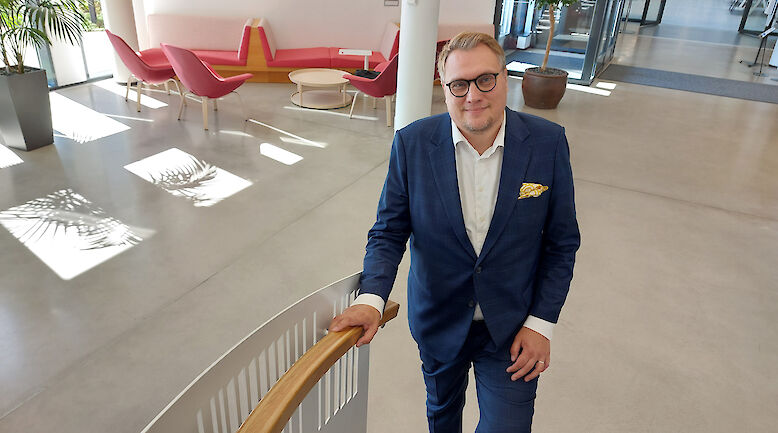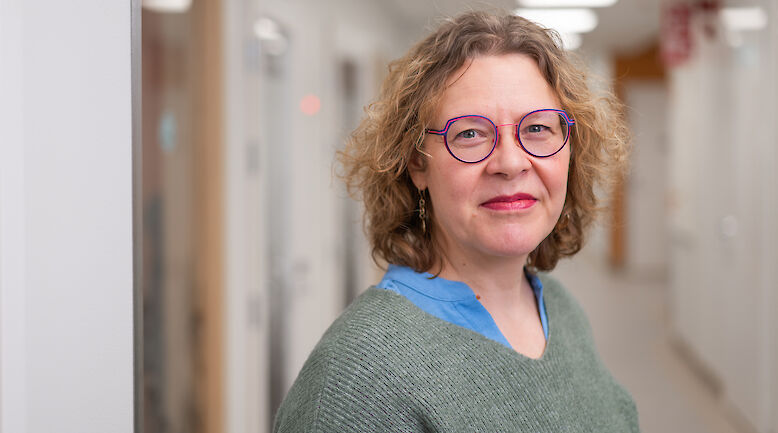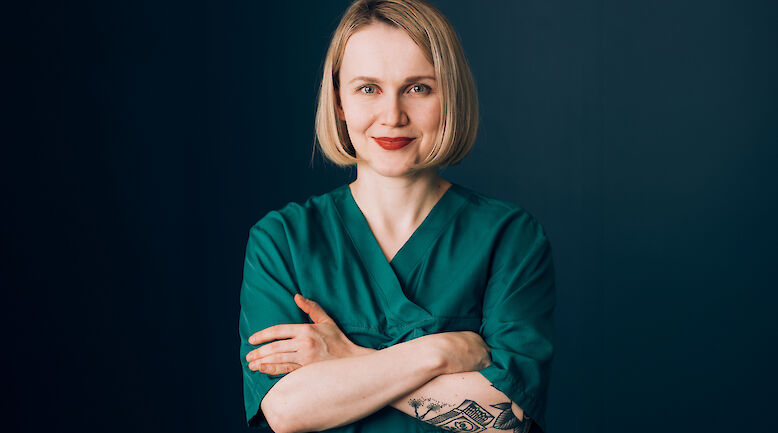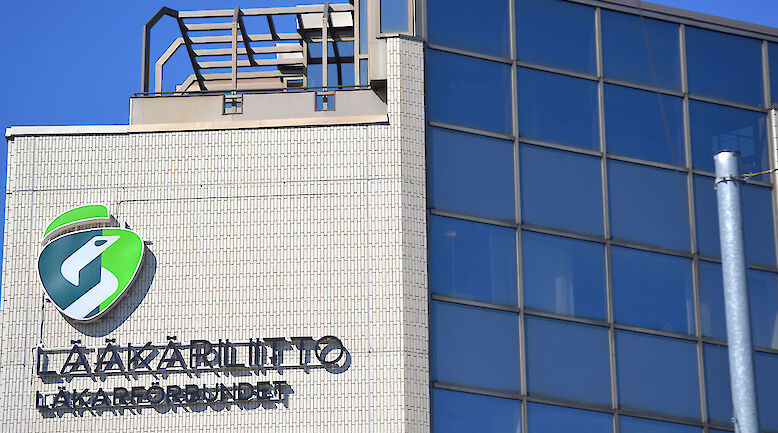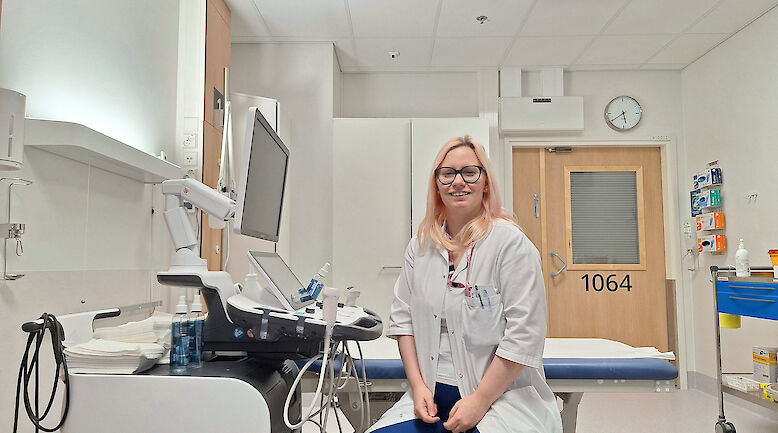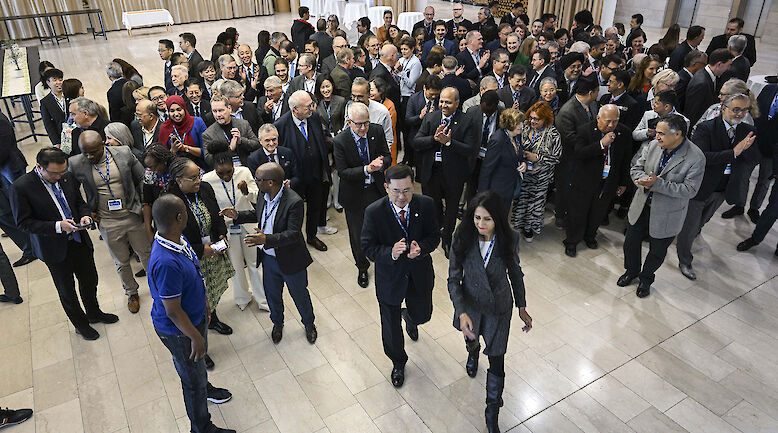English summary: STAPHYLOCOCCUS AUREUS DECOLONIZATION TREATMENT USEFUL
Decolonization of MRSA carriage is not routinely used in Finland. It is recommended on special occasions, e.g. for MRSA-positive healthcare workers or for patients moving into long term care facilities to prevent transmission or before major orthopaedic or vascular surgery to prevent clinical infections. Panton-Valentine leukocidin-positive MRSA also causes skin infections in Finland. Typically, patients with these MRSA strains suffer from recurrent skin abscesses. Since 2007, the Infectious Diseases Policlinic in Helsinki University Central Hospital has offered decolonization treatment for these patients to prevent recurrences. MRSA-positive healthcare workers have also received decolonization treatment there.
Over 3 years, we started MRSA decolonization for 131 patients in 38 families at the policlinic. Asymptomatic family members and pets were also considered. If the patient had only MRSA colonization of the nostrils, the treatment included only topical nasal mupirocin ointment and disinfectant skin and hair washes with chlorhexidine or polyhexamethylene guanidine, as well as cleaning of inanimate surfaces at home. If either throat or groin or any skin lesion was colonized, as was the case in 60 patients, the decolonization protocol also included peroral antibiotics. Any asymptomatic family members were not necessarily screened at the first appointment, but were nevertheless given the topical treatment. The detailed protocol was introduced to the family during a 1.5-hour appointment.
After 1, 2 and 3 weeks and four months after the 7-day decolonization treatment, 97%, 94%, 85% and 83% of the screened families, respectively, were successfully decolonized. Success in a family was defined as no MRSA in those family members who were screened. After two years, three of the four screened families were negative with only one decolonization treatment. Ten families received a further treatment, and eight of these received a third. Altogether, after repeated decolonization, 36/38 families were MRSA negative and free of recurrent skin infections at four months after treatment.
MRSA decolonization can be successful among outpatients who suffer from recurrent skin infections. However, decolonization treatment was laborious and demanded great effort from both the patient and the policlinic. Therefore, we recommend that these protocols should be administered only by specialised teams within the healthcare districts at either the primary, secondary or tertiary care level.
